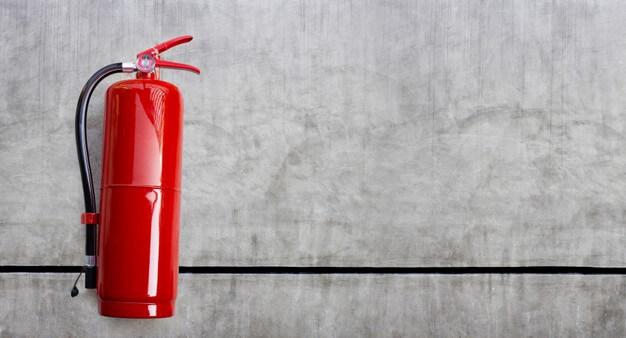Different kinds of enterprises need different kinds of fire suppression systems. The fire suppression system is the one that is installed when you’re getting an office space or a building constructed. It is there to control the fire in case of an accident.
Many people wonder if there is a “Fire installation system” when they first enter the building as it is so important. You never know what happens when there is a bad accident, and you may have to run for your lives. One of the common types of fire suppression systems is “Water sprinklers” found on the ceilings of the office, giving you an indication that there is a fire suppression system available in the office.
However, there is not just one but various kinds of fire suppression systems available. Want to know what they are? Continue reading!
-
Water
As I have already told you, water sprinklers are the most common water suppression system you will find in any building. It is water-based suppression and code compliance. Unfortunately, though it is helpful to a certain extent, it is not an effective kind of suppression in all situations.
You may not know this, but in fact, in many situations of fire outbreaks, water does no good and can lead to a more horrible situation. Thus, it is not the best solution for a fire suppression system.
Gas-based cleaning agents:
This is altogether another category of gas-based cleaning agents that work as fire suppression systems. Here are three gas-based cleaning agents:
-
Inert gas
The inert gas like nitrogen, inergen, and aragonite are very powerful fire suppression agents. You can easily get rid of the fire outbreak by spraying them, which in turn reduces the presence of Oxygen which acts as a fire catalyst. So, using gas-based fire suppression is better than water that does more harm than good.
Water destroys the furniture, server rooms, or any electrical equipment. But, on the other hand, these Inert gases are ideal when dealing with fire, and the surroundings consist of some important properties that you do not want to destroy in the process.
-
Carbon dioxide
Carbon dioxide is another one of the options of the fire suppression system and one of the old cleaning agent systems out there. It has been used in the system since the early 1900s. One of the best things about CO2 is that it is one of the most inexpensive cleaning agents out there.
The only negative part about carbon dioxide is that it extinguishes by replacing the oxygen, and it can sometimes lead to creating really dangerous situations. Therefore, it is advised not to use Carbon dioxide form of fire suppression system within the closed-up areas like inside the building.
When using a carbon dioxide cleaning agent, various safety hazards need to be kept in mind. Therefore, it is mainly used for industrial local application systems.
-
Chemical
In this suppression system, most cleaning agents are like the inert gas system, i.e., they also discharge and produce a lot of gas. They work by extinguishment through heat absorption and leave no residue. It is beneficial as there is no equipment damage. These fire systems are less hardware intensive and also cost less for installation.
Conclusion:
Now that you know about the different kinds of fire suppression systems and their pros and cons, you can easily go ahead and choose the fire suppression system you think is the best.
So, what are you waiting for? Install fire suppression equipment today for your own safety.
What do you think of this article? Please share your thoughts with us in the comment section below.











